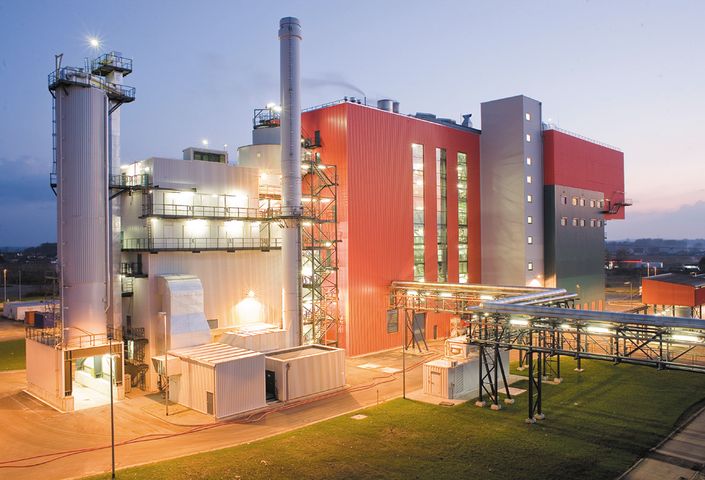EEW - Wasting No Energy
Following a successful carve-out from E.ON, EEW Energy from Waste is looking to expand, helped by a greater financial flexibility.

In 2013 EQT’s second infrastructure fund acquired a majority shareholding in German energy giant E.ON’s subsidiary E.ON Energy from Waste (EEW). In a rare move, at least for Germany, E.ON decided to partner up with a financial investor and stay on as a minority shareholder with 49%.
"EEW has developed well since EQT came in as owner and we have a very strong and fruitful working relationship with E.ON," says Jürgen Rauen, Chairman of the Board and a member of EQT’s network of Industrial Advisors.
Although EEW was slated for sale already a few years ago, it was still very integrated in E.ON and a transaction like this is known as a “carve-out” in the private equity industry. Hence, the immediate action after taking control was to transform EEW into an independent company.
"It is a difficult task but the process is going according to plan and should be completed in about a year. After a few months, we also successfully renegotiated the EUR 625 million debt with a club of around 15 banks, leading to lower rates and savings of around EUR 20 million over the next five years," says Carsten Stäblein, CEO of EEW since 2007.
EEW is Germany’s leading company for waste incineration and the production of power and heat from that waste. EEW owns 12 plants and operates a further six in its three core markets: Germany, the Netherlands and Luxembourg. Ultramodern flue gas cleaning systems safely remove hazardous substances from the environmental cycle, making waste incineration a strong environmental option for waste management.
The waste that is incinerated comes mainly from the local area after recyclable materials have been removed. Two thirds of EEW’s revenues are gate fees for accepting the waste, while the remaining one third comes from the sale of the electricity, district heating and steam that is generated by the plants.
As part of the wider E.ON energy group, EEW was not a core business and could feel the capital constraints caused in part by the German ambition to phase out its nuclear power by 2022.
"Under the new ownership we now have financial flexibility and are able to acquire assets in the market if the opportunity arises along with developing greenfield projects which also requires fresh capital. We have the full backing from EQT for this," says Carsten Stäblein.
The German market is well developed with municipalities holding around 50% of the market and private companies the rest.
"Although the market is mature, there are still opportunities in Germany, the Netherlands and Luxembourg, but we see also great potential in Poland. There it is also more a question of greenfield projects rather than acquisitions," says Jürgen Rauen.
EEW’s core market Germany has been plagued in recent years by some over-capacity which led to a decline in the price that the plants are paid to take care of the waste. This is however now starting to change for the better. At the same time, energy and electricity prices have been low, partly due to weak economic activity in Europe and the development of a "second market" for renewable energies.
"We are seeing increases for the gate fees we receive and last winter was the first one for some time when capacity was filled and there was no drop in prices. The overcapacity situation in Germany is now clearly better," says Carsten Stäblein. "The outlook for EEW looks very good," adds Jürgen Rauen.
In 2013, EEW had a turnover of EUR 514 million. It has 1,300 employees.